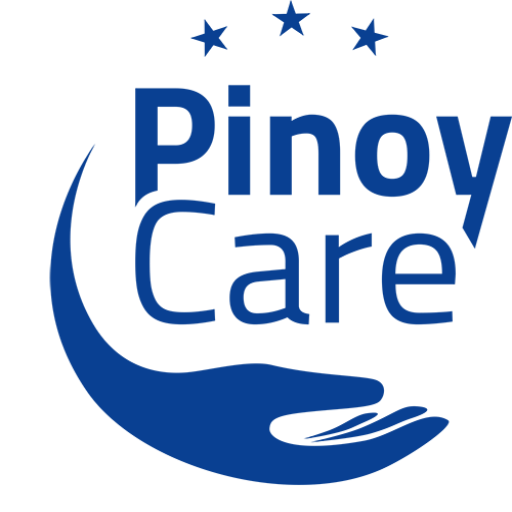
Photo credit: Mary Johnston Hospital
Rendering to the Law in 2019, all Filipino citizens, including Filipino Overseas Workers, can access and obtain the Philippine Government Health Insurance through PhilHealth. This Law was stipulated and signed under the Republic Act 11223 or the Universal Health Care (UHC.) The Health Care system in the Philippines is managed by a shared treaty between the Private and the Public Government sectors known as PhilHealth. PhilHealth was founded in 1995 by the Philippine Health Insurance Corporation known as PhilHealth. According to the system, PhilHealth provides a Tax Exemption, also by a monthly pay-rolled deduction measured by the Philippine Government under the Department of Health.
PhilHealth motions various services and covers limited programs such as hospitalization in-patient or out-patient, essential checkups, and surgical operations, including the qualified medical staff to treat PhilHealth patients. The goal of PhilHealth in the Philippines is to provide the needs of PhilHealth patients, mainly in medical services. A PhilHealth holder is a huge comfort that could reduce PhilHealth patients’ high unexpected medical expenses. Also, PhilHealth is an excellent opportunity for all Filipinos who need PhilHealth services because of the benefits PhilHealth can offer. However, the PhiliHealth system is still a developing project that hasn’t yet been delivered to all Filipino citizens. With this said, public hospital facilities still require significant improvement, including surgical equipment still in shortage.

According to PhilHealth Vice President Oscar Abadu Jr, 50% of the Philippines population must be registered as a Philippine Health Insurance PhilHealth member. The 50 million plus people in the country have no access to PhilHealth. These unregistered numbers could cause financial peril when unexpected medical expenses come into the picture because these people have no access to Philippine health insurance. However, it is said that all Filipino citizens were automatically included under the National Health Insurance Program during the signing of the Republic Act 11223. One of the reasons why 50% of Filipinos need access to essential PhilHealth services is the flawed healthcare system, in which the implementation and contribution are significant barriers to production.
People who reside in the rural or the mountain tribe who live far from access to the city are the most affected ones who hardly go to the urban area and need more knowledge about the benefits of health insurance by PhilHealth. In quantitative research, people in the Philippines that need access to PhealthHealth say that the government needs a support system for PhilHealth registration, insufficient job, and income; therefore, the registration is unsuccessful. In addition, people have no access to healthcare in the Philippines due to inflammation, lack of infrastructure, and the rising cost of pharmaceuticals. Therefore, these unregistered preferred to refrain from registering to avoid the monthly payroll deduction.
Each PhilHealth member contributes 400 to 3,000 Pesos monthly pay rolled deduction for those PhilHealth members whose income are more than 10,000 pesos monthly. At the same time, further contributions are for those with an income of 20,000 Pesos and above monthly. From a viewpoint, those family members with low monthly incomes are hesitant to deliver their PhilHealth contribution for various reasons. The government also needs clarification about implementing primary health care for all Filipinos nationwide.
Pinoy Care wishes you the best, and may you balance well the need whether you will contribute your PhilHealth in the Philippines or not. However, may you always consider the worst-case scenario in the future and that being a PhilHealth member is a huge advantage in emergencies.









